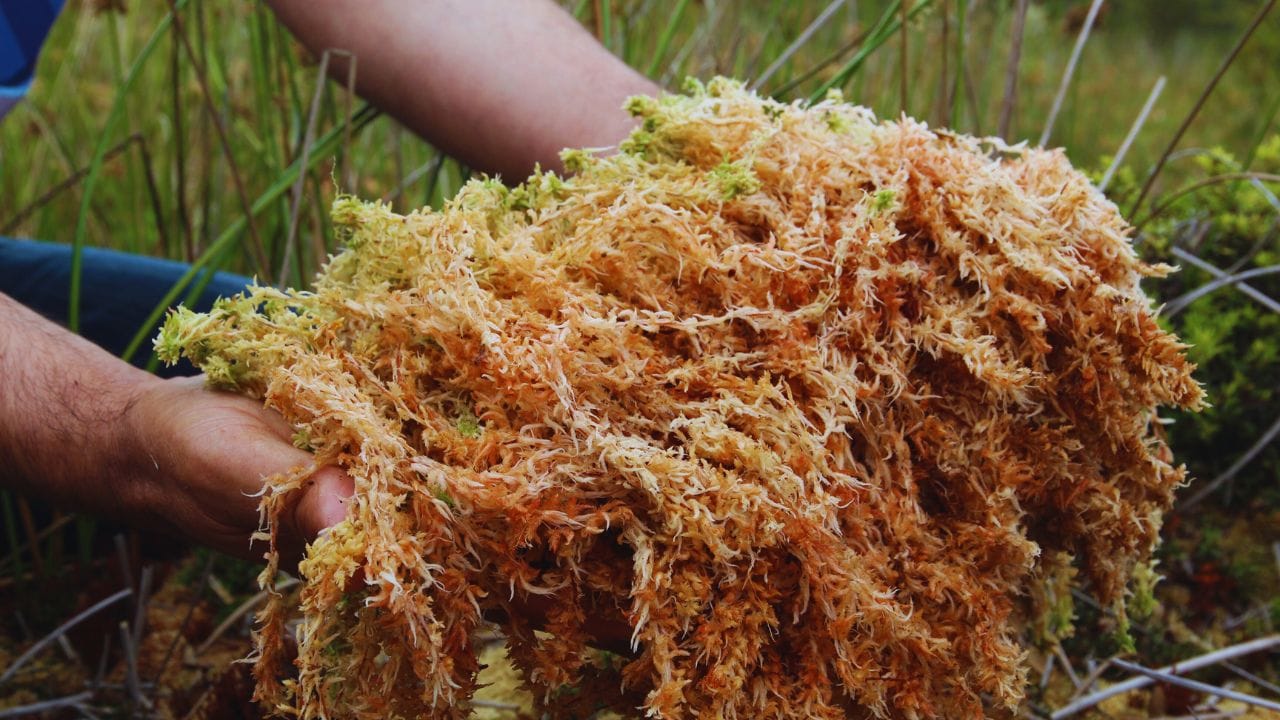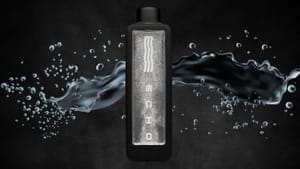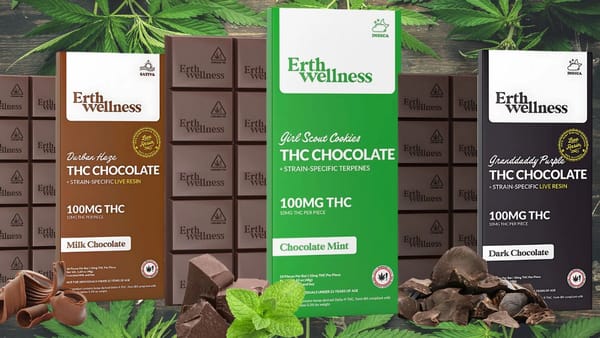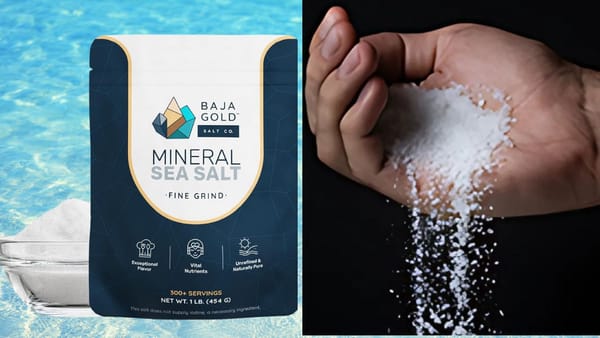Sea moss, often referred to as Irish moss or Irish sea moss, is a type of red algae that has been making waves in the health and wellness community. Known for its potential health benefits, this spiny sea vegetable similar to other seaweeds, is touted for its rich nutritional value and versatility. Eating sea moss can provide various essential nutrients, such as iodine and calcium, and can be incorporated into diets in different forms, including powders and gels, offering significant health advantages, particularly for women. But what does sea moss do to the body? Let’s dive into the depths of this edible seaweed and uncover its secrets.
Key Takeaways:
- Nutritional Powerhouse: Sea moss is packed with essential nutrients that support overall health, including thyroid function and immune health.
- Versatile Usage: Available in various forms such as sea moss gel, powdered sea moss, and dried sea moss, it can be easily incorporated into your diet.
- Potential Health Benefits: From supporting gut health to improving blood sugar management, sea moss offers a range of benefits that warrant more research.
What is Sea Moss?
Sea moss, also known as Irish sea moss or red seaweed, is a type of marine vegetable that belongs to the Chondrus crispus species. This spiny sea vegetable thrives in the Atlantic Ocean, particularly along the coasts of North America and Europe. Renowned for its rich nutritional profile, sea moss is packed with essential vitamins, minerals, and antioxidants, making it a popular ingredient in health supplements and food products.
One of the unique properties of sea moss is its natural thickening ability, which has made it a favored additive in commercial foods. From smoothies to soups, sea moss can enhance the texture and nutritional value of various dishes. Its versatility and health benefits have contributed to its growing popularity in the wellness community.
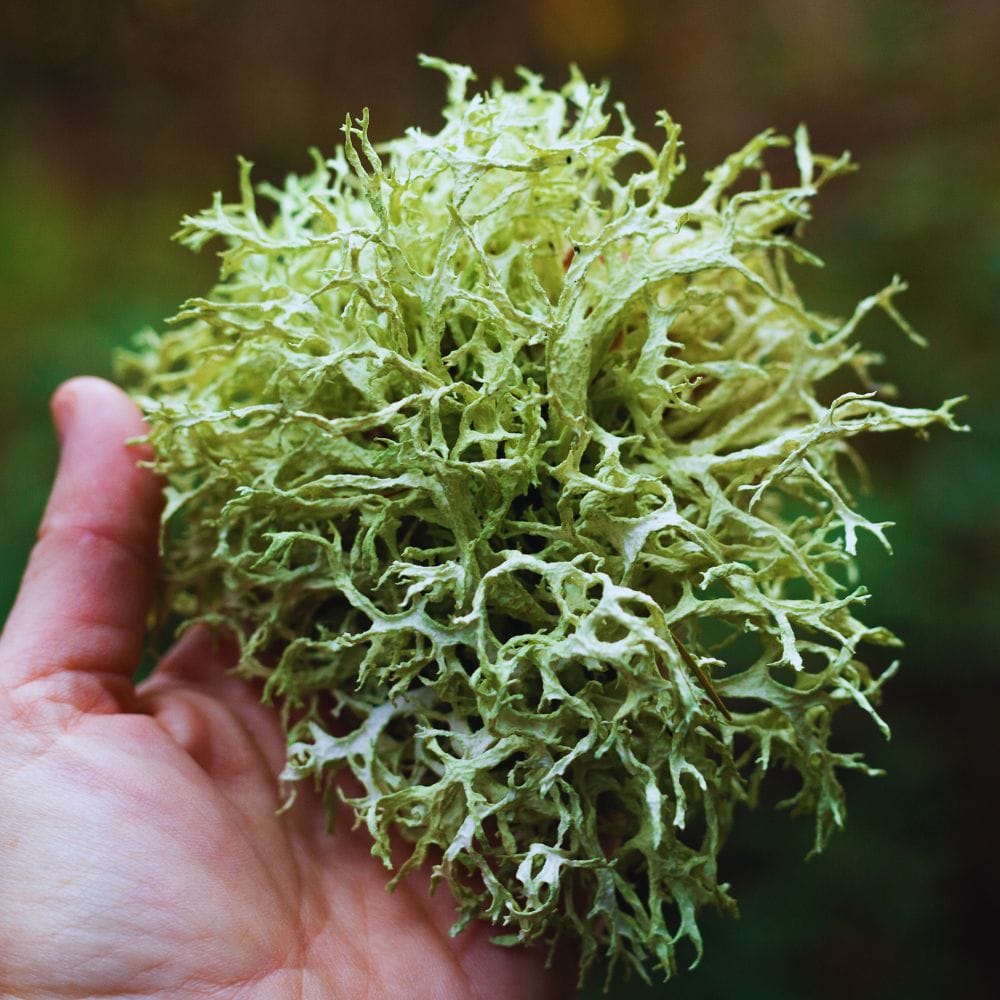
The Nutritional Value of Sea Moss
Sea moss is a nutritional powerhouse, offering a wide array of vitamins and minerals essential for maintaining overall health. It is particularly rich in iodine, a mineral crucial to support thyroid health by aiding in hormone production and proper thyroid function. The iodine content in sea moss helps in the production of thyroid hormones, which regulate metabolism and energy levels. Additionally, sea moss contains beneficial compounds like potassium, magnesium, and calcium, which are vital for bone health and heart health.
Moreover, sea moss is a source of antioxidants, which play a significant role in protecting the body from oxidative stress and inflammation. These antioxidants contribute to a healthy immune system, supporting immunity and potentially reducing the risk of chronic diseases. The nutritional value of sea moss makes it a valuable addition to any diet, offering a natural way to boost nutrient intake.
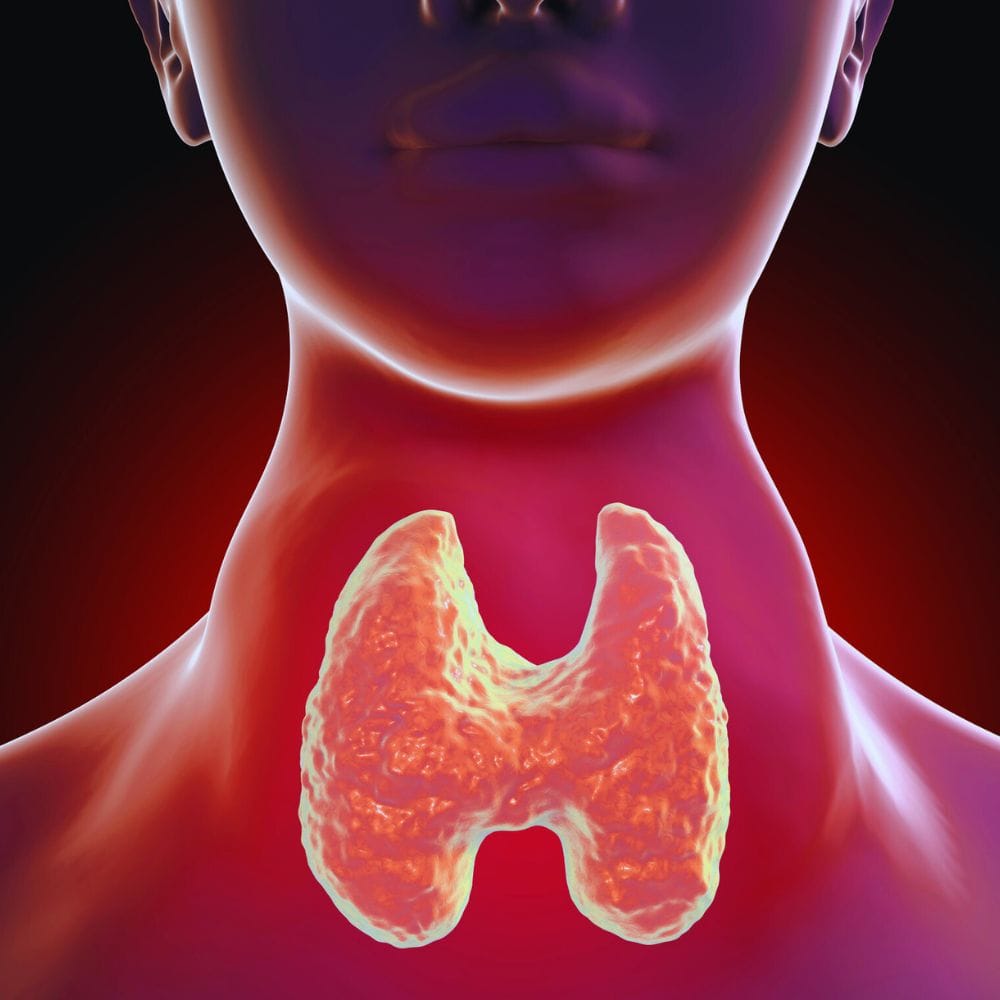
Sea Moss and Thyroid Health
The thyroid gland relies heavily on iodine to function properly, and sea moss is an excellent source of this mineral. Consuming sea moss can help prevent iodine deficiency, which can lead to thyroid problems such as an underactive or overactive thyroid. By supporting thyroid health, sea moss may aid in maintaining a balanced metabolism and energy levels.
However, it's important to be cautious about consuming too much iodine, as excessive intake can lead to iodine poisoning and thyroid dysfunction. Consulting a healthcare provider before adding sea moss supplements to your diet is advisable, especially if you have existing thyroid issues or are taking prescription drugs that affect thyroid function.

Supporting Gut Health with Sea Moss
Sea moss is known for its potential to support gut health, thanks to its high fiber content and prebiotic properties. The term 'gut health sea moss' emphasizes the prebiotic effects of sea moss that may enhance the gut microbiome. Research suggests that sea moss's high fiber content and nutrient profile potentially support the growth of beneficial gut bacteria, which can help maintain a healthy digestive system. The fiber in sea moss aids in digestion and helps maintain a healthy digestive system by promoting regular bowel movements. Additionally, sea moss acts as a prebiotic, feeding the beneficial bacteria in the gut and supporting a balanced microbiome.
Improving gut health seaweed like sea moss can have a positive impact on overall health, as a healthy gut is linked to better immune function, improved mood, and enhanced nutrient absorption. Including sea moss in your diet, whether in raw sea moss form or as a sea moss gel, can be a simple yet effective way to support gut health.

Sea Moss and Immune Health
The immune-boosting properties of sea moss are attributed to its rich nutrient profile, including vitamins A, C, and E, as well as zinc and selenium. These nutrients are essential for maintaining a healthy immune system and protecting the body against infections and diseases. Sea moss specifically supports immune health by enhancing the body's natural defense mechanisms.
Incorporating sea moss into your diet can be an effective way to bolster your immune system, especially during cold and flu season. Whether you choose to consume sea moss in supplement form or add sea moss to your meals, its immune-supporting benefits are worth considering.

Sea Moss for Weight Management
Sea moss may support weight loss efforts due to its low-calorie content and ability to promote feelings of fullness. The fiber in sea moss can help control appetite and reduce overall calorie intake, making it a useful addition to a weight management plan. Additionally, the iodine in sea moss supports thyroid function, which plays a role in regulating metabolism and energy expenditure.
While sea moss can be a helpful tool for those looking to manage their weight, it's important to combine its consumption with a balanced diet and regular exercise for optimal results. As with any supplement, moderation is key to avoiding potential side effects.
Blood Sugar Control and Sea Moss
Research suggests that sea moss may improve blood sugar management, making it a potential ally for individuals with high blood sugar levels or diabetes. The fiber content in sea moss slows down the absorption of sugar in the bloodstream, helping to stabilize blood sugar levels and prevent spikes.
While more research is needed to fully understand the effects of sea moss on blood sugar control, its potential benefits make it a promising addition to a diabetes-friendly diet. As always, it's important to consult with a healthcare provider before making significant changes to your diet, especially if you have existing health conditions.

Sea Moss and Heart Health
The heart health benefits of sea moss are linked to its high content of omega-3 fatty acids, which are known for their cardiovascular benefits. Omega-3s help reduce inflammation, lower blood pressure, and improve cholesterol levels, all of which contribute to a healthy heart. Additionally, the potassium in sea moss supports heart health by regulating blood pressure and preventing hypertension.
Incorporating sea moss into your diet can be a heart-healthy choice, providing essential nutrients that support cardiovascular function. Whether you choose to consume sea moss gel, dried sea moss, or mix sea moss powder into your meals, its heart health benefits are worth exploring.
Potential Additional Benefits
In addition to the well-documented health benefits, sea moss may offer several other advantages that contribute to overall well-being:
- Supporting Blood Sugar Management: Sea moss may help regulate blood sugar levels and improve insulin sensitivity, making it a potential ally for individuals managing diabetes or high blood sugar levels.
- Aiding in Weight Loss: The anti-inflammatory properties of sea moss, combined with its ability to boost metabolism, can support weight loss efforts. Its high fiber content also promotes feelings of fullness, helping to control appetite.
- Supporting Skin Health: Sea moss is rich in vitamins and minerals that can improve skin health. Its anti-inflammatory properties may reduce skin irritation, while its nutrients can enhance skin elasticity and hydration.
- Supporting Hair Health: The nutrients in sea moss, such as vitamins A and E, can promote healthy hair growth and reduce inflammation of the scalp. Regular use of sea moss may lead to stronger, shinier hair.
These additional benefits make sea moss a versatile and valuable addition to a health-conscious lifestyle.
Potential Risks and Considerations
While sea moss offers numerous health benefits, it's important to be aware of potential risks and considerations. One concern is the presence of heavy metals in sea moss, which can accumulate due to environmental pollution. Choosing high-quality sea moss products from reputable sources can help minimize this risk.
Additionally, consuming too much iodine from sea moss can lead to thyroid dysfunction, so it's important to monitor your intake and consult with a healthcare provider if you have concerns. As with any supplement, moderation and informed decision-making are key to reaping the benefits of sea moss without adverse effects.
How to Incorporate Sea Moss into Your Diet
Sea moss is a versatile ingredient that can be easily incorporated into your diet in various forms. Sea moss gel is a popular option, often used as a thickening agent in smoothies, soups, and desserts. Dried sea moss can be rehydrated and added to dishes, while powdered sea moss can be mixed into beverages or sprinkled on food.
Experimenting with different forms of sea moss allows you to enjoy its benefits while adding variety to your meals. Whether you're new to sea moss or a seasoned enthusiast, finding creative ways to incorporate it into your diet can enhance your culinary experience and support your health goals.
Choosing the Right Sea Moss Product
Selecting the right sea moss product is crucial to ensure you reap its full benefits. Here are some tips to help you choose a high-quality sea moss product:
- Look for Products Made from 100% Pure Sea Moss: Avoid products that contain fillers or additives. Pure sea moss ensures you get the maximum nutritional benefits.
- Choose Certified Organic Products: Organic sea moss is grown without the use of pesticides or herbicides, making it a safer and more environmentally friendly option.
- Consider the Form of Sea Moss: Sea moss is available in various forms, including gel, powder, and capsules. Choose the form that best suits your lifestyle and dietary preferences.
- Check the Iodine Content: While sea moss is a rich source of iodine, excessive consumption can lead to thyroid issues. Look for products with balanced iodine content to avoid potential health risks.
- Read Reviews and Do Your Research: Investigate the company and read customer reviews to ensure you are purchasing a reputable and high-quality product.
By following these guidelines, you can confidently choose a sea moss product that supports your health and wellness goals. Always consult with a healthcare professional before adding any new supplement to your diet, especially if you have underlying health conditions or are taking medications.
Sea Moss Supplements: What to Know
Sea moss supplements are available in various forms, including capsules, powders, and gels. These supplements offer a convenient way to enjoy the benefits of sea moss without the need for preparation. When choosing sea moss supplements, it's important to look for high-quality products that are free from additives and contaminants.
Consulting with a healthcare provider before starting any new supplement is advisable, especially if you have existing health conditions or are taking medications. Sea moss supplements can be a valuable addition to your wellness routine, providing essential nutrients that support overall health.
The Role of Sea Moss in Traditional Medicine
Sea moss has been used in traditional medicine for centuries, particularly in Caribbean and Irish cultures. It has been valued for its potential health benefits, including its ability to support respiratory health, improve skin conditions, and boost energy levels. The historical use of sea moss highlights its versatility and enduring appeal as a natural remedy.
While traditional medicine practices offer valuable insights into the benefits of sea moss, it's important to approach these claims with a critical eye and seek evidence-based information. Modern research continues to explore the potential health benefits of sea moss, providing a scientific basis for its traditional uses.
Summary
Sea moss, a nutrient-rich red algae, offers a range of potential health benefits, from supporting thyroid health and immune function to improving gut health and blood sugar management. Its versatility and nutritional value make it a valuable addition to any diet, whether consumed as sea moss gel, powdered sea moss, or dried sea moss. However, it's important to be mindful of potential risks, such as heavy metal contamination and excessive iodine intake. Consulting with a healthcare provider and choosing high-quality sea moss products can help you enjoy its benefits safely and effectively.
As always, consult with your physician before starting any new supplement regimen to check about potential interactions with other supplements or medications. The information presented in this document is purely for educational purposes and should not be construed as medical advice.
While every effort has been made to ensure the accuracy and reliability of the information provided, all health-related decisions should be made in consultation with a qualified healthcare professional. The author does not take any liability for the health decisions made by the reader.
Good Guru Reviews may collect a share of sales or other compensation from the links on this page if you decide to buy something (at no additional cost to you, that's how we stay in business).
FAQ
Q1: Can sea moss help with thyroid problems?
A1: Yes, sea moss is rich in iodine, which supports thyroid function and can help prevent thyroid problems related to iodine deficiency. However, it's important to monitor iodine intake to avoid potential thyroid dysfunction.
Q2: How can I add sea moss to my diet?
A2: Sea moss can be incorporated into your diet in various forms, such as sea moss gel, powdered sea moss, or dried sea moss. It can be added to smoothies, soups, and desserts, or used as a thickening agent in recipes.
Q3: Are there any risks associated with consuming sea moss?
A3: While sea moss offers numerous health benefits, potential risks include heavy metal contamination and excessive iodine intake. Choosing high-quality products and consulting with a healthcare provider can help mitigate these risks.


